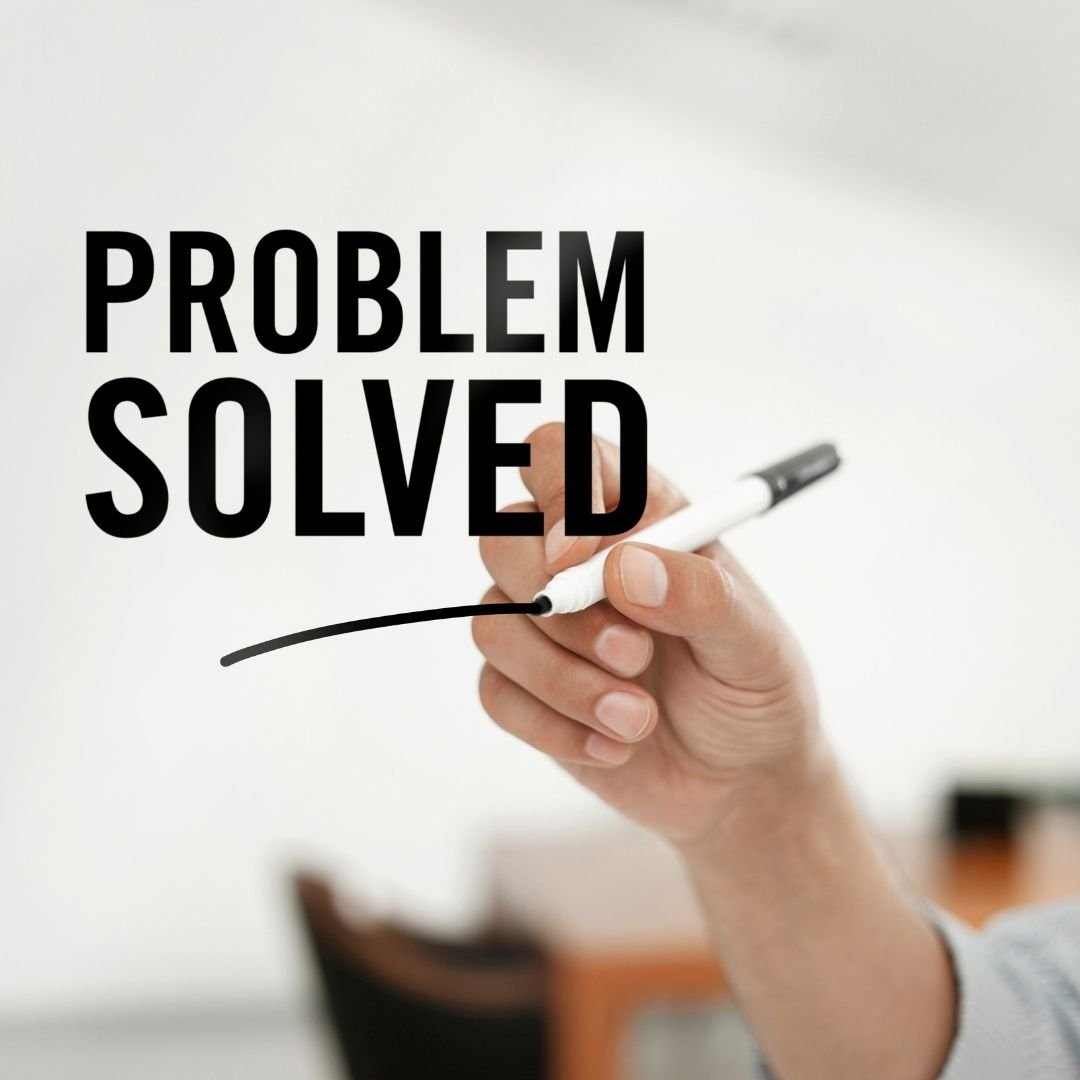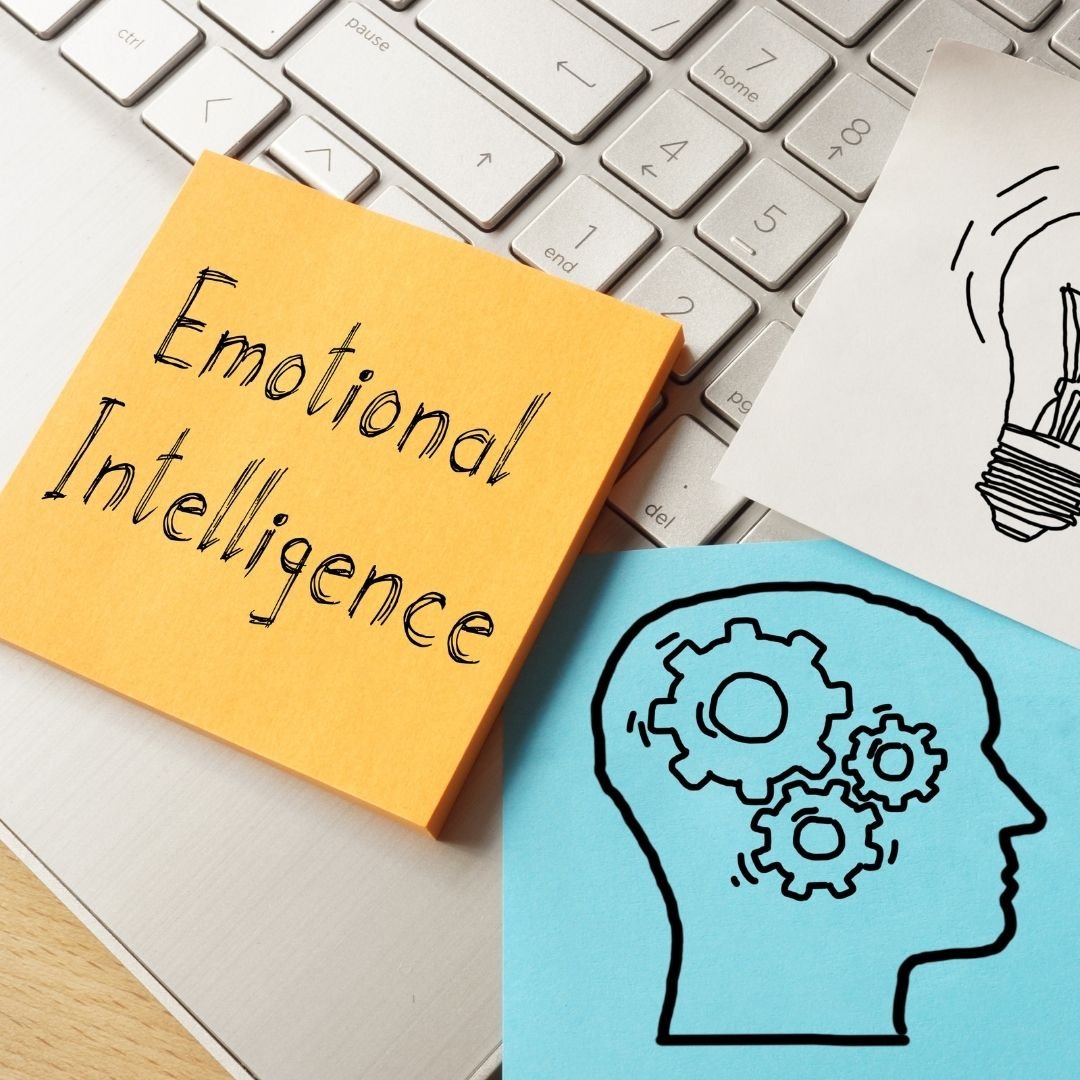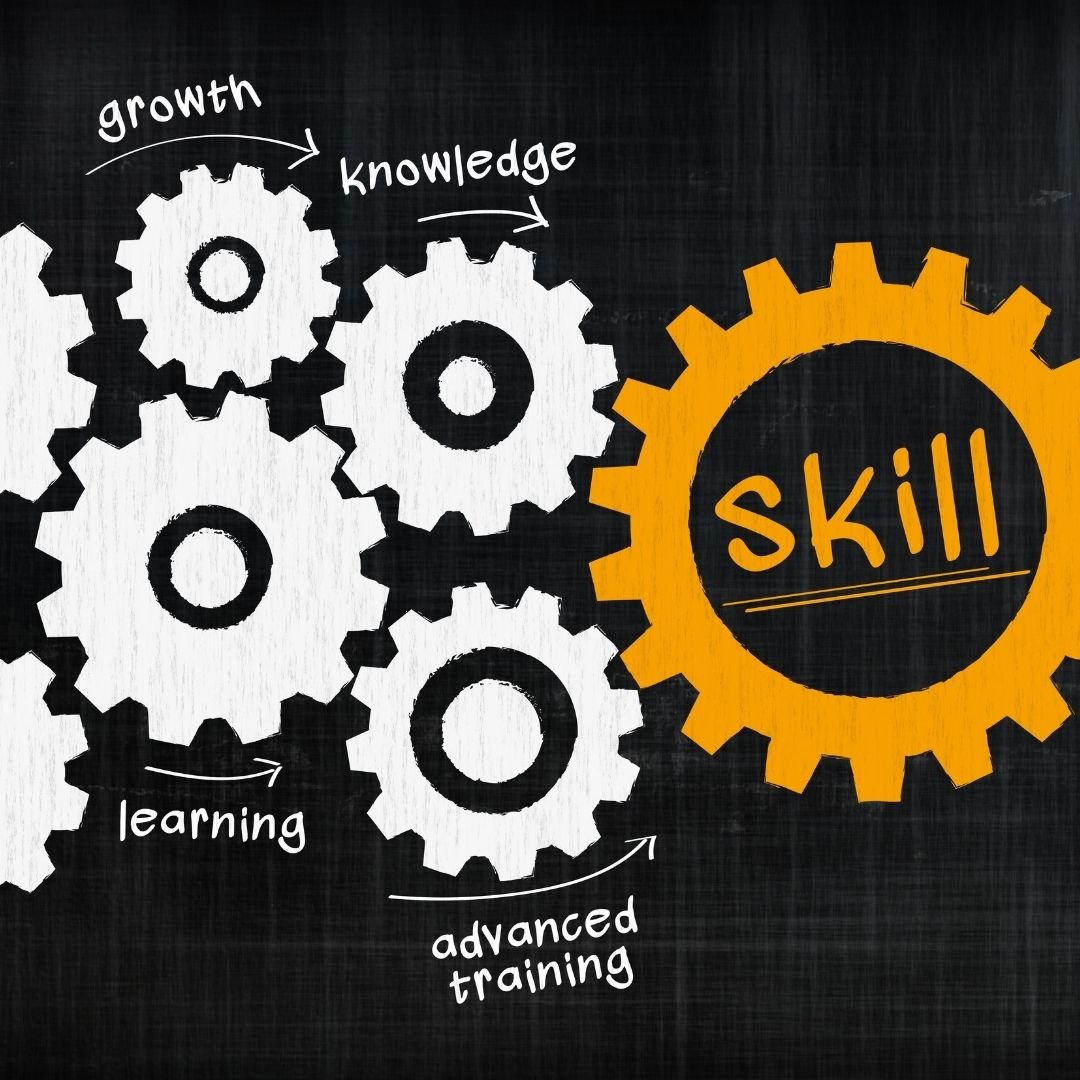Training and Development
Lifelong growth
Lifelong Growth
Lifelong growth and learning help a person cultivate self-awareness, set goals, and enhance skills and knowledge. On the one hand, formal education contributes to professional success, while on the other hand, skill acquisition and other soft skills help in creating physical and mental well-being, contributing towards holistic personal development. This helps individuals reach their fullest potential and also impacts their personal and professional lives.
Inside and External Resources to Help Drive Your Business
Duration
6 Months
Case Studies
15 +
Training Mode
Online
Training and Development

1. Presentation Skills
COMMUNICATION
- How to be more relaxed when presenting
- Initial preparation
- Presentation script
- The feedback loop
- Communication styles
LOGICAL STRUCTURE & FLOW
- Standard presentation structure
- Outline flow
- Structure diagrams
- Importance of a structure
- Logical flow and hierarchy
- A clear, flowing outline
- Delivery vs Reception
- Data quantum
- Model script
- Time management
LANGUAGE
- Choice of words
- General phrases for presentation flow
- Transition phrases
- Giving nuance to your statements
- Discussing data and graphics
- Delivery
- Start with a bang
- The delivery process
- The importance of silence
- Being a natural
- Keeping it light
INTERACTIONS
- Informal conversations phrases
- Presentation preparation questions
- A simple presentation checklist
QUESTIONING (Q&A)
- The importance of questioning
- Types of questions
- Dealing with difficult questions
- Handling different types of questioners

2. Creative Problem Solving
- What is creative problem solving?
- Assumptions
- Principles
- Divergent and convergent thinking: the dynamic balance of creativity
- Process & model
- Divergent tools for problem solving
- 5 “W”s and an H
- Forced connections
- Action plan
- Convergent tools
- PPCO (pluses, potentials, concerns, overcoming concerns)
- Evaluation matrix
- 3 “I”s
- PPCO (pluses, potentials, concerns, overcoming concerns)

3. Decision Making
- The functions of the mind
- Cognitive conflict
- The depth mind principle
- How problems differ from decisions
- The art of effective decision making
- Define the objective
- Collect relevant information
- Generate feasible options
- Make the decision
- Implement and evaluate
- The interaction of the three circles
- Key problem-solving strategies
- Asking the right questions
- How to approach systems problems
- How to generate ideas
- Brainstorming
- Guidelines for brainstorming
- How to run a brainstorming session
- Thinking outside the box
- Towards a more creative approach

4. Emotional Intelligence and Empathy
- What is emotional intelligence?
- Self-management
- Self awareness
- Self-regulation
- Self-motivation
- Empathy
- How to accurately perceive emotions
- Emotions to facilitate thinking
- Verbal communication skills
- Focused listening communicating with flexibility and authenticity
- Articulate your emotions using language
- Tools to regulate your emotions
- Giving in without giving up
- Using coping thoughts
- Putting it all together
- Understand emotions and how to manage them in the workplace
- Role of emotional Intelligence at work
- The balance between optimism and pessimism

5. Time Management
- Introduction to time management
- Difference between planning and time management
- Psychological time trap
- Digital black holes
- Determining the current time management style
- Managing factors impacting time consumption
- Assessing primary goals and objectives
- Structured time-planning process Model
- Prioritizing and scheduling to create wise goals
- Steps to avoid procrastination
- Benefits of successful time management
- Evaluating time management

6. Team Building
- Leadership
- Formation of teams
- Team performance
- Decision making
- Team dynamics
- Understanding interpersonal team orientation
- Group development
- Team conflict
- Negotiation in team building

7. Personality Development
- What is personality?
- Self- awareness and its importance
- Goal setting
- Having the right attitude
- Leadership for success
- Managing conflict
- Having team spirit
- Communication process and barriers
- Developing emotional quotient
- Managing stress
- Table etiquettes
- Social behavior
- Managing stress
- Interview handling

8. Conflict Resolution
- Introduction to conflict management
- Analyzing conflicts
- Definition of conflict
- How conflicts escalate
- The five dimensions of conflicts
- Conflict management
- Flight-fight-openness
- Groups in conflict
- Working toward conflict resolution
- Mapping the conflict

9. Critical Thinking
- Introduction to critical thinking
- Critical thinking vs strategic thinking
- Thinking styles
- Improving the quality of decisions
- A critical thinker’s mindset
- Critical thinking process
- Developing critical thinking skills
- Creative thinking techniques
- Creating the culture of curiosity
- Root cause analysis techniques

10. Goal Setting
- Introduction to goal setting
- Effective goal setting and management skills
- Potential obstacles to goal setting
- Overcoming procrastination
- Strategies to reaching goals
- Assertive behaviour
- Setting priorities
- Four P’s of goal setting
- Wise time management
- Getting the power to getting your things done
- Goal achievement

11. Anger Management
- Understanding anger
- What causes anger
- Anger vs. Aggression
- Anger trigger points and anger style
- Gaining control over anger
- Isolating the problem
- Working on the problem
- Solving the problem
- Dealing with anger effectively
- Dealing with angry people

12. Stress Management
- What is stress?
- Causes of stress
- Impacts of stress
- Self -care methods of handling stress
- Stress and time management
- Workplace stress
- Improving emotional intelligence to handle stress

13. Interpersonal Communication
- Introduction to communication
- What are interpersonal skills
- Verbal communication
- Characteristics involved in verbal communication
- Active listening
- Art of asking
- Small talk
- Striking a conversation
- Handling difficult conversations
- The power of maximizing influence
- Establishing trust and reliability
- Handling emotions
- Making an Impact
- Interpersonal communication in the digital era

14. Assertiveness
- What is assertiveness?
- Differentiate between being assertive and being aggressive
- Four types of working behaviour styles
- Power of being assertive
- Reframing your mindset
- 3 Effective steps to assertiveness
- Empathy
- Getting nowhere cycle
- Having a fallback position
- Assertiveness skills and techniques

15. Cultural Intelligence
- Understanding cultural beliefs and values.
- Identifying and dismantling cultural stereotypes.
- The benefits of culture change.
- Motivation and ability to work interculturally.
- Exploring the nuances and layers of many cultures.
- Identifying and empathizing with cultural values.
- Recognizing and embracing multicultural colleagues.
- Cross-cultural communication styles.
- Intercultural business strategies.

16. Personal Effectiveness
- Principles of personal effectiveness
- Getting focused & how you work
- Self managed learning
- Personal swot
- Developing your assertiveness & confidence
- Persuading and influencing others
- Handling difficult situations
- Interpersonal skills
- Negotiation skills
- Giving and receiving constructive criticism, compliments and feedback

17. Probing Skills
- What is probing?
- Use of questioning
- Principles of questioning
- Framing the right question
- How to ask the right question
- Socratic questioning
- Good questions
- Characteristics of good questions
- Fine questioning techniques
- Bloom’s taxonomy


